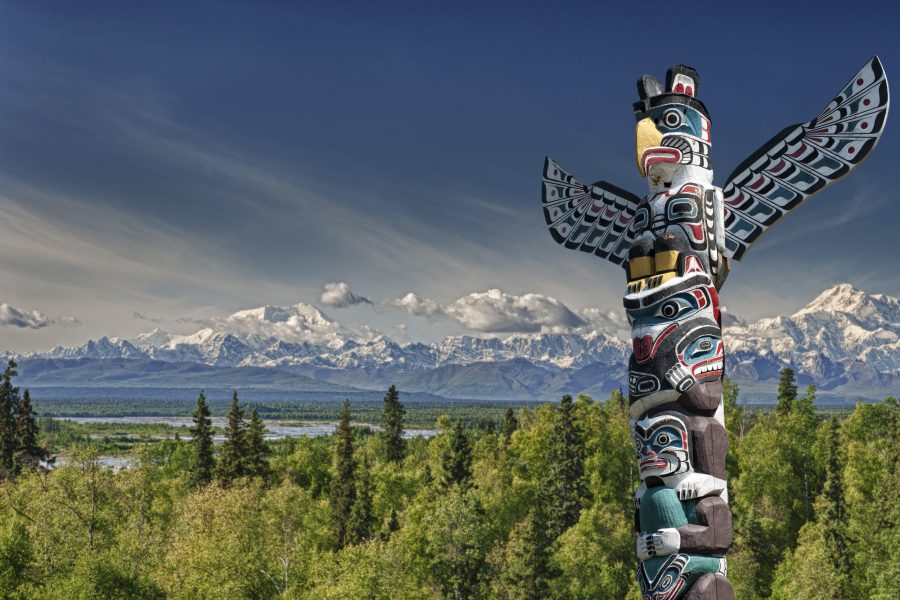ARTICLES, VIOLENCE
The Canadian Genocide: Missing and Murdered Indigenous Women

Canada is suffering.
Especially the Aboriginal community.
According to CBC News National Inquiring Commissioners, the Aboriginal community is experiencing a “Canadian genocide.”
When I began researching this tragedy, I dove headfirst into it. When I searched “Murdered and Missing Indigenous Women”, I was thrust into a world of broken hearts and lost lives.
CBC compiled a list of 306 murdered and missing women. Looking at this dauntingly long list, I recognized that it only skimmed the surface of the women that have met a terrible fate.
Each woman holds a story and a network of people who are grieving their loss. Some of them are mothers, and all of them are daughters and friends.
Each of these women has suffered an unthinkable demise or an unimaginable terror. Many of them have experienced fear in a way that, hopefully, most of us will ever know.
Each of these women held a world of opportunity and unfulfilled dreams. Assaulted both by the violence at the hands of another person and the injustice of Canada’s judicial system.
Between 1980 and 2012, it is estimated that over 4000 Indigenous people are either missing or have been murdered. Most of these cases have not been solved.
Though the 308-case sample is less than 10% of the 4000 Indigenous people that have been murdered or are missing, seeing their faces was overwhelming — beautiful, smiling women with childhoods, memories, stories, and aspirations.
When skimming through their stories, it was shocking to see the number of women that either disappeared from or were found killed in an urban area. Many of these women parish or disappear from places that we deem as safe – including major cities or sleepy little towns.
Their voices have been lost – and our justice system has tried to silence the people that they have left behind.
Can you imagine your daughter, mother, or sister going missing? Now imagine that, as you’re in a fight against time, little is being done to find them. As a civilian, we have few resources. We rely heavily on law enforcement to solve and prosecute criminal cases. However, what if you feel as though the law enforcement that you are relying on has put your missing person case to the bottom of their priority list?
This is what many Aboriginal people face.
The grieving that are left behind are victimized twice. Once by their tremendous loss, and again, by the lack of interest by those they trust.
In fact, Indigenous women are 3.5 times more likely to experience violence than other nationalities in Canada. The perpetrator is often a family member or romantic partner. However, in many cases, the perpetrator is a complete stranger.
Two infamous cases in Canada are the Highway of Tears and the killings of Robert Pickton. By these two cases alone, it is estimated that over 89 women were killed – most of which were Aboriginal.
Despite the harrowing statistics between 1980 and 2013, there was little information on the Canadian genocide of Aboriginal people until the death of 15-year-old Tina Fontaine in 2014. Fontaine’s body was pulled from the Red River in Winnipeg, MB – her body was wrapped in a bank. It was this murder that catapulted the community in an uproar.
Since 2014, the Canadian government has been forced into hearing the powerful and brave voices of many grieving Aboriginal people. Their stories have made national coverage and have been plastered across major networks.
Despite this, many cases remain unsolved.
According to a Human Rights Watch study, it is theorized that the disconnect stems from the broken relationship between Indigenous people and the Canadian Justice System.
The Indigenous community has fearlessly become activists for the lost voices of the Aboriginal Community. One advocate group, The Redress Project, focuses on the genocide of Aboriginal women. This project collects 600 red dresses from the community to display in public places as a reminder of the lives lost. The REDress began their project in Winnipeg – resting place of 15-year-old Tina Fontaine.
Through the work of The REDress project, awareness has been raised about the gendered and racialized nature of violent crimes against Indigenous women.
Not only are the living Indigenous people grieving, but they are also scared. With no answers for the influx of murdered Indigenous people and thousands of cases unsolved – presumably with perpetrators living freely – it’s nearly impossible for the community to breathe comfortably.
In response to the growing awareness of this massacre, the RCMP has responded with annual campaigns for Canada’s missing, awareness campaigns featuring posters, and public service announcements with famous Canadians. Despite their best efforts, the Aboriginal community is still left with many unanswered questions.
For the rest of Canadians, it’s imperative that we TALK. Spreading awareness to our friends, family, and employers will hopefully fuel more cases to be solved and, ultimately, lead to fewer women being added to the list.
The REDress Project is being held on February 12, 2020. For more information on The REDress Project, visit: http://www.redressproject.org/







